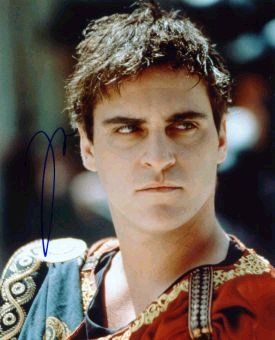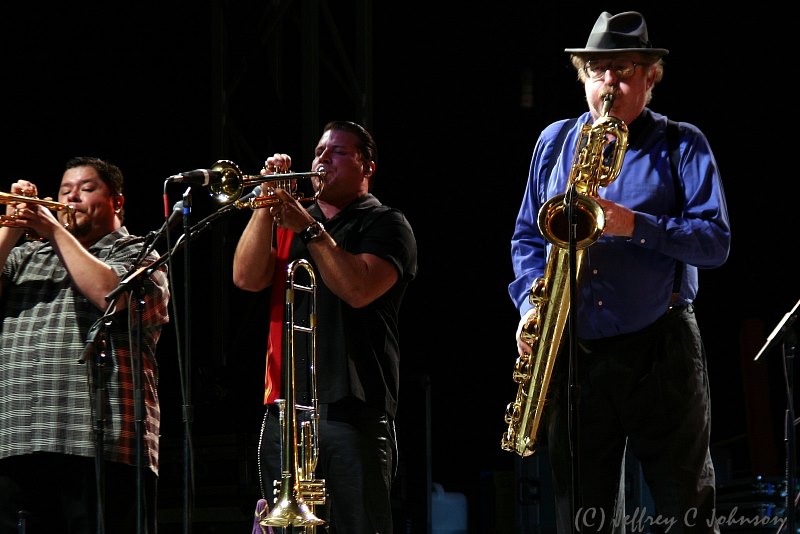"Give me snuff, whiskey and Swedes, and I will build a railroad to hell."
So stated railroad baron James J. Hill, a man who exerted unparalleled influence on the swath of land lying between Lake Superior and Puget Sound, America's breadbasket. "Work, hard work, intelligent work, and then more work" was his mantra. In 1852, at the age of 14, Hill was forced to plow a path of economic self-sufficiency due to the death of his father. After four years working as a clerk in Canada, the future millionaire moved to Saint Paul to become the bookkeeper of a steamboat company. Exploiting the lack of steamboat service on the Mississippi during winter months, Hill started providing fuel to local customers like Fort Snelling. Upon accruing market power in the local steamboat industry by age 34 and anthracite coal by 36, the young entrepreneur expanded his scope to the railroads.
A Great Boardgame
In 1873, the tech bubble of the 19th century popped. Lasting for the next four years, the recession was precipitated by the bankruptcy of Jay Cooke and Company. A wealthy Philadelphia speculator, Cooke became overextended by capital investments in the incipient Northern Pacific Railway. Of the country's 364 railroads, 89 went broke. One of those was the Saint Paul and Pacific. Realizing that there was still growth potential in this moribund railway, James J. Hill formed a team of investors and purchased the StP&P. Hill was a careful manager, personally scouting new routes and avoiding government regulation by reinvesting a large percent of the company's profit as capital expenditure and charging it as operating expense.
In direct competition with the Northern Pacific, Hill's railroad had a significant hurdle to surmount. To reach larger markets, it was key to stretch the track across the Rockies to the West Coast. The Nothern Pacific became transcontinental in 1883 at Gold Creek, Montana. For Hill's line to span the Rockies, it needed a low-lying route, of which almost none remained. In 1889, Hill's principal engineer, John F. Stevens, mapped the unexplored Marias Pass in northern Montana, thereby providing a navigable path across the Continental Divide. By 1893, Hill had completed the first transcontinental railroad without public money, renaming it the Great Northern Railway.
In the next decades, the Great Northern survived a string of squeezes. First was the Depression of 1893, where Hill's was the only transcontinental railroad that did not go bankrupt. Second was the battle for the Chicago, Burlington and Quincy, a medium-sized railway that provided lucrative access to Chicago markets. Shares of the Northern Pacific, which owned significant stake in the CB&Q, were quietly being cornered by Edward Harriman and the Union Pacific. When Hill found out about the subterfuge, he directed his friend J.P. Morgan to buy every remaining share of UP stock. Morgan acted so swiftly that overnight, the price of the stock traded at over six times its value of the previous day. The crisis was defused with a compromise, but to prevent another stock raid, Hill placed all of his holdings into the consolidated Northern Securities Company. Simultaneously, Theordore Roosevelt ascended to the presidency, and the Sherman Antitrust Act was quickly implemented to break apart Northern Securities. Although Hill lost control of a centralized company, he continued to make acquisitions until his death in 1916.
The year of the Empire Builder's death, railroads reached peak length in America. Beside brief resurgences due to troop transport in the World Wars, the wholesale emergence of the automobile and airplane doomed passenger travel by rails. Overinvestment, supersaturation of the market with competing firms, mismanagement, and new forms of competition crippled freight transport by rail for most of the 20th century. Railroad historian Richard Saunders writes that, "The real problem was that there were fewer and fewer services that railroads could perform as well as their competitors for which anyone would pay enough for the railroads to make a profit."
Another difficulty for the industry was overzealous regulation. As early as the late 19th century, the Interstate Commerce Commission unsuccessfully regulated railroads in an attempt to prevent local price discrimination. Insteady, according to economist Maury Klein, the Interstate Commerce Act "tried both to prevent monopoly by enforcing competition and to outlaw discrimination. ... [H]owever, a policy designed to preserve competition also perpetuated discriminations." Although the result of Hill's and Harriman's mergers at the turn of the 20th century "came remarkably close to the railroad map that emerged in the 1970s," the efficient conglomerates were quickly dismantled by a distrustful public. In 1920, the Transportation Act forced railroads to maintain or expand mileage to foster competition, although the lessons of the previous decades demonstrated that eliminating service is the best course of action for unsuccessful lines. "The act of 1920 bound [the railroads] in a straightjacket of regulation at precisely the time they fell victim to technological revolution. For seventy years, railroads had dominated the transportation industry because no new forms had risen to challenge them. After 1920, however, several new modes appeared on the scene, and older ones like pipelines and water transport were reinvigorated." With the swift advent of the internal combustion engine and light alloys, railroads suddenly faced unpredicted, intermodal competition.
After World War II, the railroads fell off the cliff. It was a surprising decline, due to the artificial boost the War had provided to the industry. But new competition was taking its toll, and high-value freight and passenger transportation were being gobbled up by trucking and air travel. "The Weeks Committee among others discovered in 1955 what some industry people had been shouting since 1920: the railroads had long since ceased to be a monopoly threat and need not be clamped so rigidly in regulatory irons."
For the next 35 years, the shackles were slowly melted away, culminating in the Staggers Act deregulation of 1980. The majority of railroads died in the process, leaving a small band of powerful, consolidated companies. Along with corporate weight loss came the deactivation of a substantial quantity of the nation's tracks.
During the period of deregulation, Great Northern and Northern Pacific merged into Burlington Northern Santa Fe Railroad, the second largest railroad in the nation, and now the largest by market capitalization. Burlington Northern and four other railroads control 93 percent of the revenue of rail freight transport in the United States.
Historically, the railroads have been treated as cyclical industries by the stock market, meaning that short-term up- and downturns in the economy are reflected in the price of railway stock. Recently, this trend seems to be changing. Secular trends like agriculture and coal now trump cyclical markets. The United States has an insatiable demand for coal, and, if anything, the cheap, alternative fossil fuel hedges the railroads in an economic slump.
Legendary investor Warren Buffett just made a three billion dollar bet in BNSF on the long-term railroad forecast. For decades, railroads have run low returns on capital--the most important railroad statistic, since 40 cents per dollar of railroad earnings are spent on capital investment. For the first time in a long while, railroads are getting a return on invested capital of more than the cost of the capital investment, thereby justifying future investment of earnings. The tracks were laid almost a century ago--now it is time for investors to harvest Hill's fruits.
Another reason to like the rails is because of increased fuel costs. Locomotives are far more fuel efficient than their chief transport competitor, trucks. If the price of gasoline continues to trend upward, railroads will continue to benefit at the expense of trucking by running locomotives as diesel-electric powered.
Finally, the United States has an insatiable demand for cheap foreign goods transported to domestic markets via container ship, truck, and train. With container ships now able to carry 8,500 standard 40-foot containers, each with a capacity of 26,500 kg (29.15 tons), the transportion costs of Asian goods have become substantially minimized. Long-distance intermodal land transportation is exclusively dependent on rails, and 15 percent of railroad revenues now come from that source.
For 150 years, the rails rode a roller coaster of boom and bust. Finally, the snuff, whiskey and Swedes are ready; the railroads can finally escape from hell.
 Divine force guides the characters of Hoop Dreams, the 1994 documentary that follows the fates of two aspiring basketball players. By the end of the movie, you can foretell the futures of William Gates and Arthur Agee after their lives on screen.
Divine force guides the characters of Hoop Dreams, the 1994 documentary that follows the fates of two aspiring basketball players. By the end of the movie, you can foretell the futures of William Gates and Arthur Agee after their lives on screen.


































